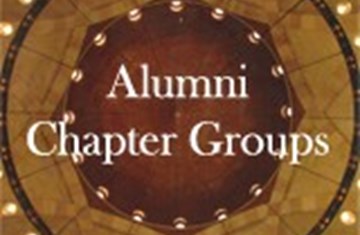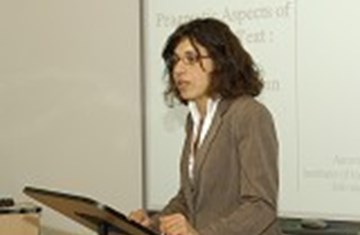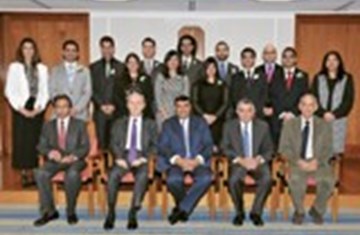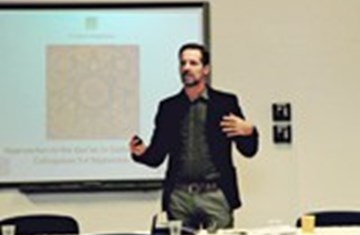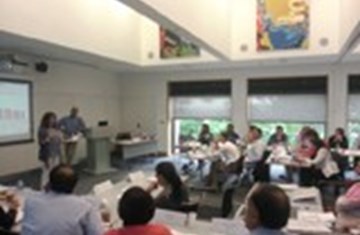IIS Scholar Presents Paper on Constructing Ethics in Qur’anic Commentaries
Dr Nuha al-Shaar, a Research Associate in the Institute’s Qur’anic Studies Unit, presented a paper at the 25th Congress of the Union Européenne des Arabisants et Islamisants (UEAI), held at the Università di Napoli “l’Orientale” in Naples from 8-12 September, 2010. Her study focused on the development of ethical discourse, especially the concept of birr (virtue), in selected second to the seventh century (AH) Qur’anic commentaries.
Dr al-Shaar’s presentation, entitled “Constructing Ethics in Qur’anic Commentaries: The Development of the Concept of Birr (Virtue)”, was part of a panel on Islam. After giving a brief overview of the studies that dealt with ethical themes in the Qur'an, the paper highlighted the need for more studies investigating how ethics were cultivated and developed in Qur’anic exegetical traditions. To this end, the paper highlighted several examples of the commentaries on the concept of birr, translated as ‘virtue,’ with a particular reference to 2:177 in the Qur’an. The commentaries of Muqatil ibn Sulayman (d. 150/767), Abu Ja‘far al-Tabari (d. 310/923), Fakhr al-Din, al-Razi (d. 606/1209) and al-Alusi (d. 911/1505) were examined by Dr. al-Shaar. After showing that these commentaries take birr to be a moral virtue, the paper sought to understand how this definition was informed by the theological, legal, or mystical affiliations of the commentators. In this regard, the study paid attention to the lexical and grammatical discussions used to describe birr.
The paper also demonstrated the vitality of the enterprise of the interpretation of the Qur’an as well as its relationship with other disciplines of learning. Dr. al-Shaar argued that exegetes not only tried to make sense of the meaning of the Qur’anic text but also attempted to relate the text to contemporary cultural and social concerns. The exegetical tradition related to verse 2:177 of the Qur’an generally fits this pattern and gives equal standing both to religious belief and to a person’s various social obligations.
Founded in 1962, the UEAI aims to facilitate meetings and exchange of ideas and information among specialists of the Arab and Islamic world working in European universities. Congresses are held every two years and the proceedings are published.

